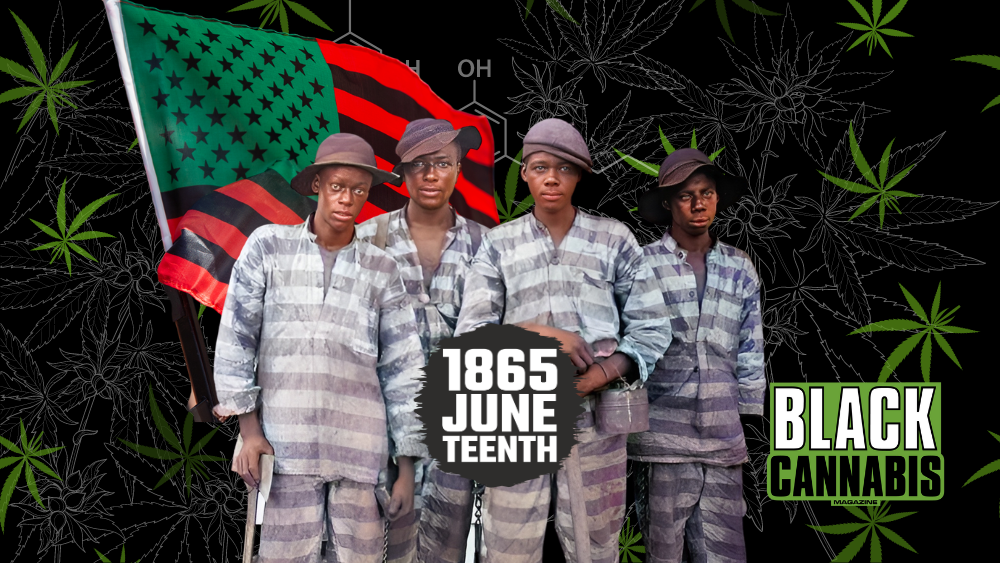On June 19, 1865, two and a half years after the Emancipation Proclamation, enslaved African Americans in Texas received the long-awaited word of their freedom. This unforgettable day, now celebrated as Juneteenth, marked a significant milestone in our nation’s history.
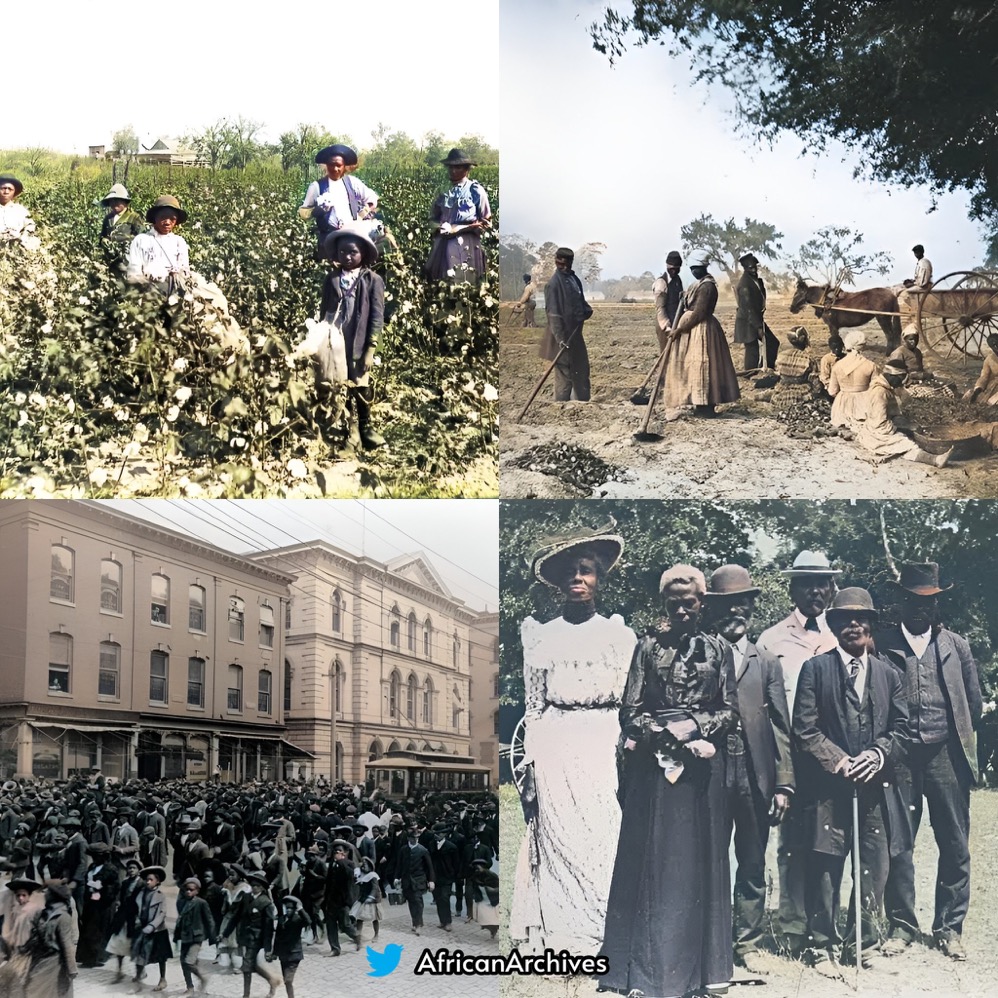
The Emancipation Delayed
It may seem astonishing today that news of emancipation took over two years to reach some corners of the nation. Union Civil War soldiers, with General Gordon Granger leading, arrived in Galveston, Texas, bearing the message that slavery had been abolished. This announcement formally introduced liberty to the remaining enslaved population, a key moment commemorated by Juneteenth.
The Birth of Black Codes
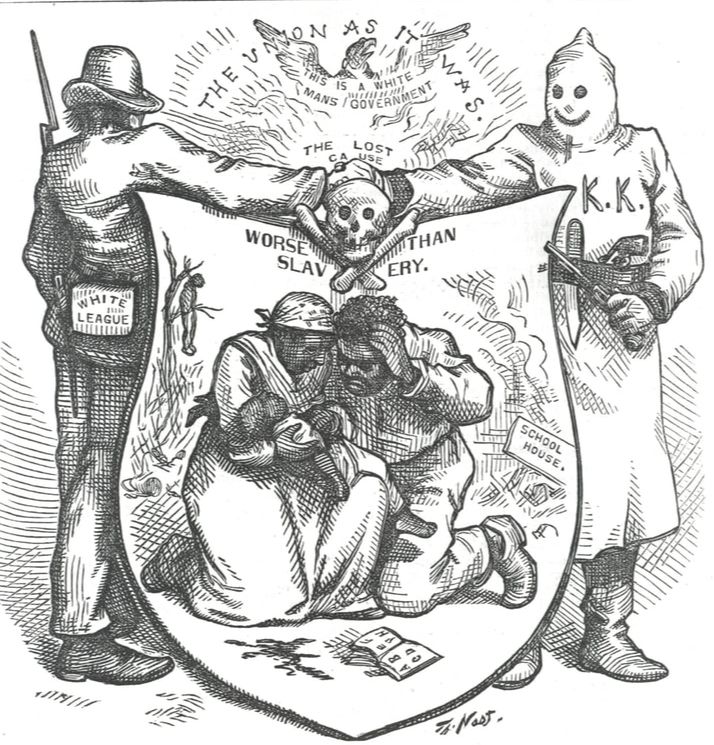
The post-Civil War period saw Southern states enacting a series of laws known as the Black Codes in 1866, just one year after the 13th Amendment’s ratification.
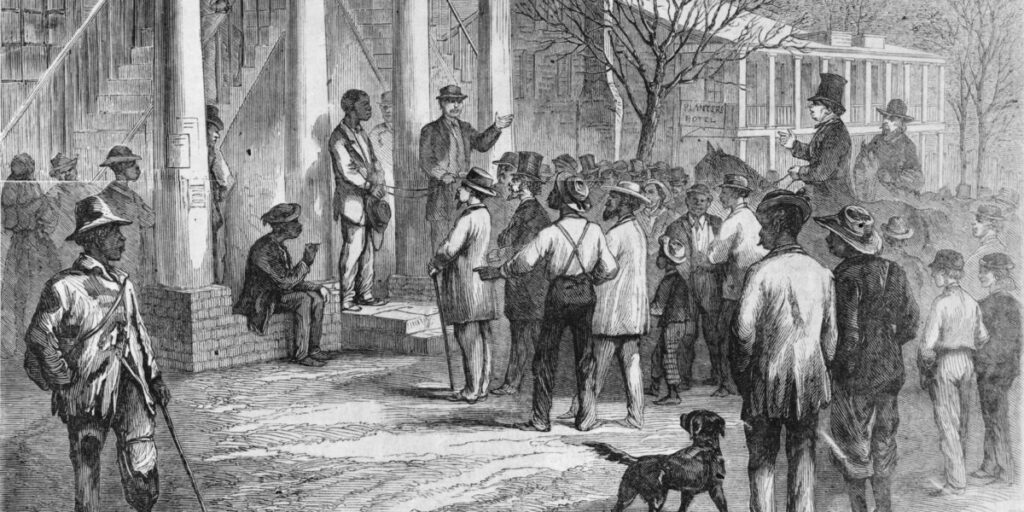
These laws insidiously criminalized legal activities for Black people, paving the way to a new form of forced labor—prison labor.

Prison Labor: A System of Re-enslavement
Prisoners, including men, women, and children, were leased out to plantations, coal mines, and railroad companies, effectively re-enslaving more than 800,000 Black individuals after the 13th Amendment. This system, known as peonage or convict leasing, created a loophole for exploitation and discrimination, cleverly bypassing the recently ratified amendment.
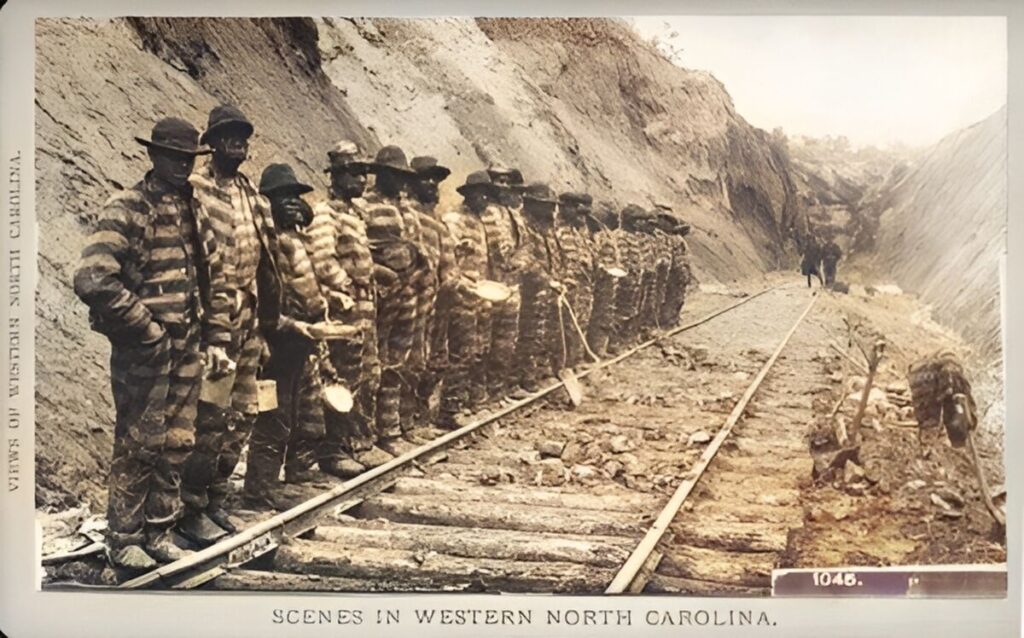
The Loophole in the 13th Amendment
A careful reading of the 13th Amendment reveals the loophole that allowed this: “Neither slavery nor involuntary servitude, except as a punishment for crime whereof the party shall have been duly convicted, shall exist within the United States…”
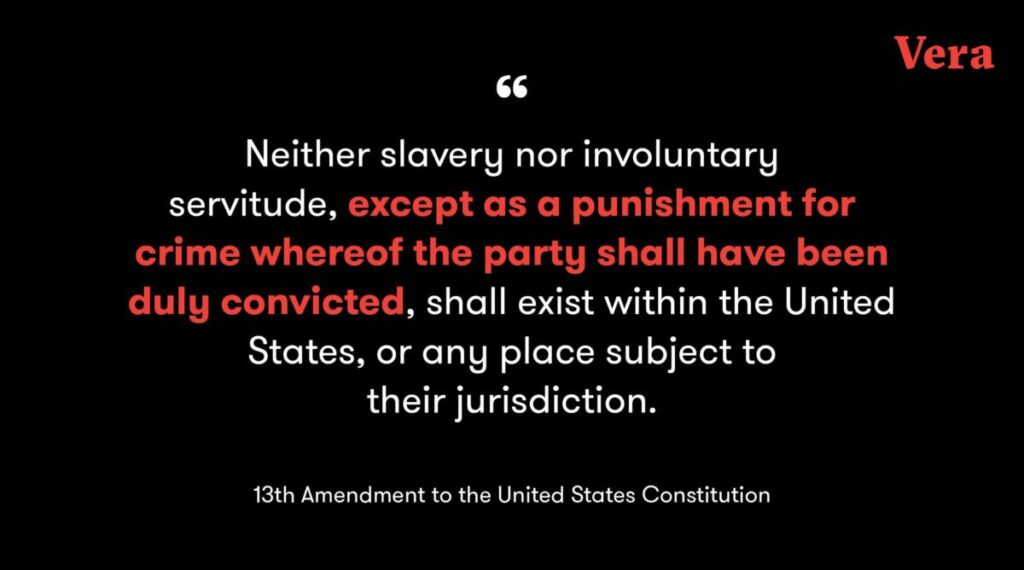
This clause enabled lawmakers to manipulate the legal system, creating petty offenses that could lead to imprisonment and subsequent forced labor.
Government Complicity and Southern Discontent
Southern farmers and business owners, disgruntled over the loss of slave labor, found solace in this clause. The federal government, in an attempt to placate Southern states, tacitly endorsed the establishment of the Black Codes. This led to deplorable conditions, such as in South Carolina, where Black children could be “apprenticed” to employers if their parents were deemed “vagrant.”
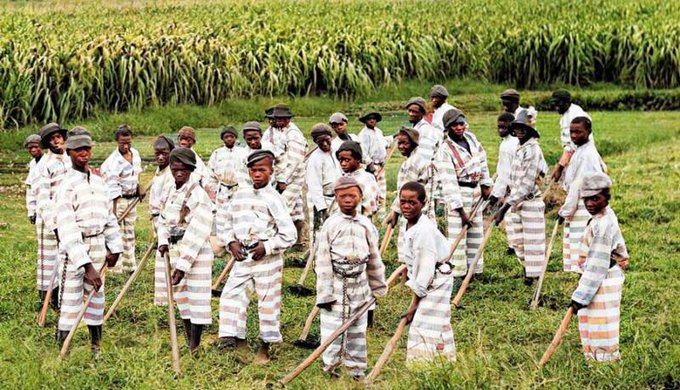
The Legacy of Juneteenth
Juneteenth is a solemn reminder of our nation’s dark past and a celebration of the resilience and determination of Black Americans. As we honor this day, it’s crucial to acknowledge the long, ongoing road to justice, equality, and freedom

